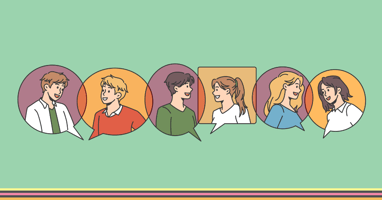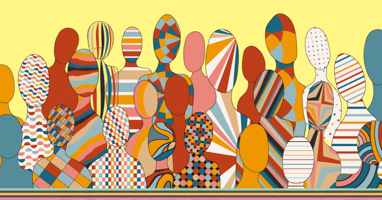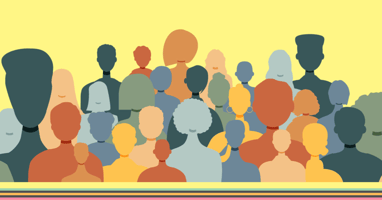Alex talks about an article from James L. Warnken about his experience with genetic retinal...
The power of a different perspective

I recently had the privilege of travelling to Las Vegas to attend the Education 2.0 Conference. It was an eye-opening experience in many ways, one of the more profound ways being the way that access and inclusion is presented.
Accessibility is close to my heart - it has been a critical part of my professional journey for the past 8 years, as well as my personal journey for much longer. While I do not have personal experience with a permanent physical disability, I do experience various effects of neurodivergence and have family members with a variety of different lived experiences.
We grew up all doing similar things, my family would go to places everyone could get to or do things everyone could participate in. We had assistance measures around so environmental factors were not problematic, and it made perfect sense to have a space where people could live their lives as normal.
As such, it has always been odd to me that things weren't set up this way everywhere we went. More so, that it wasn't odd to everybody else. People just accept a world that either does or doesn't work for them as being how things are. Obviously we can't expect people to know how other people experience life, but I do feel like there are plenty of ways of being more informed.
In having this discussion with people at the conference, explaining what we do at Meet Aandi and why we do it, it reaffirmed in me why sharing these experiences is so important. Only then, do people stop and consider what they do and how they are doing it, and where the gaps in their communications are.
A number of people at the conference sort us out to thank us for showing them another point of view, this was especially so for those that considered themselves as being inclusive or mindful of being so. This went both ways, as we met some incredible people with different experiences and gained a richer understanding of the power of accessibility work.
The best feeling comes from witnessing the realization from someone that the ‘near enough’ they were doing currently wasn’t good enough. Ticking boxes doesn't work for people, and making things work for people is what we do.
It felt good to know that our words had resonated with many people.
Some actually spoke as if they felt guilty that they hadn’t considered these gaps previously. My response to this was: "don't feel guilty that you didn't know, feel guilty if you don't seek to learn more from here."
Do you want to learn more? I would love to have a conversation with you about improving education for all sorts of people.




